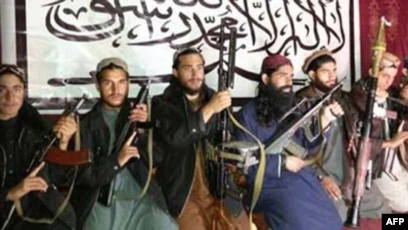
For decades Pakistan’s security apparatus argued that Pakistan would be more secure if the Afghan Taliban were in power in Afghanistan. Many critics warned that the return of the Taliban would worsen Pakistan’s security situation, but the military dismissed those views. Since August 2021, however, ever since the Taliban returned to power in Kabul, those critics have turned out to be accurate as Pakistan’s internal security situation has worsened with no signs of any improvement.
A new report by the UN Security Council sanctions monitoring team released in July 2024 notes that “the Tehrik-i-Taliban Pakistan (TTP), an alliance of extremist groups, is the largest terrorist group in Afghanistan and receives growing support from that country’s Taliban rulers to conduct cross-border attacks in Pakistan. TTP continues to operate at a significant scale in Afghanistan and to conduct terrorist operations into Pakistan from there, often utilizing Afghans. The globally designated terrorist group, also known as the Pakistani Taliban, is operating in Afghanistan with an estimated strength of 6,000-6,500 fighters.”
Further, the report noted the Afghan “Taliban have proved unable or unwilling to manage the threat from Tehrik-e Taliban Pakistan, whose attacks into Pakistan have intensified. Taliban support to TTP also appears to have increased.”
Furthermore “The Taliban do not conceive of TTP as a terrorist group: the bonds are close, and the debt owed to TTP is significant.”
In 2021, author and diplomat Ambassador Husain Haqqani wrote a piece in Foreign Affairs titled ‘Pakistan’s Pyrrhic Victory’ in which he stated “Pakistan’s security establishment is cheering the Taliban’s recent military gains in Afghanistan. The country’s hard-liners have funneled support to the Taliban for decades, and they can now envision their allies firmly ensconced in Kabul. Pakistan got what it wished for—but will come to regret it. A Taliban takeover will leave Pakistan more vulnerable to extremism at home and potentially more isolated on the world stage.”
![]()





